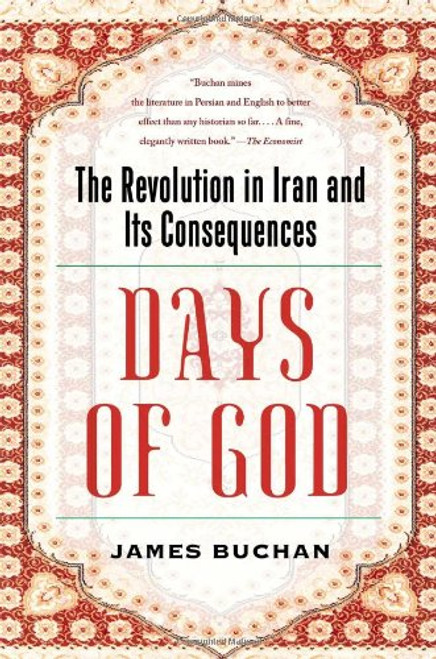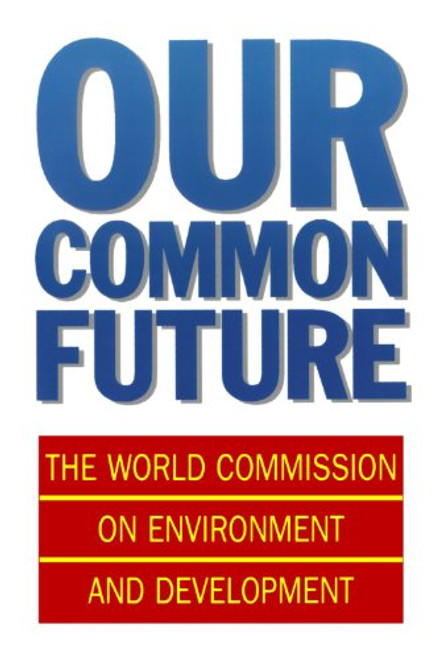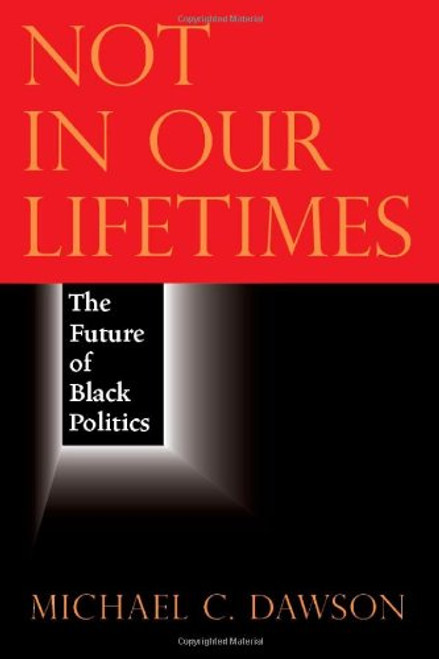A decade after his now-famous pronouncement of the end of history, Fukuyama argues that as a result of biomedical advances, we are facing the possibility of a future in which our humanity itself will be altered beyond recognition.
Our Posthuman Future (Consequences of the Biotechnology Revolution)
$23.33 - $42.44
- UPC:
- 9781861974952
- Maximum Purchase:
- 2 units
- Binding:
- Paperback
- Publication Date:
- 2003-04-01
- Author:
- Professor of International Political Economy Francis Fukuyama
- Language:
- english
- Edition:
- UK ed.







